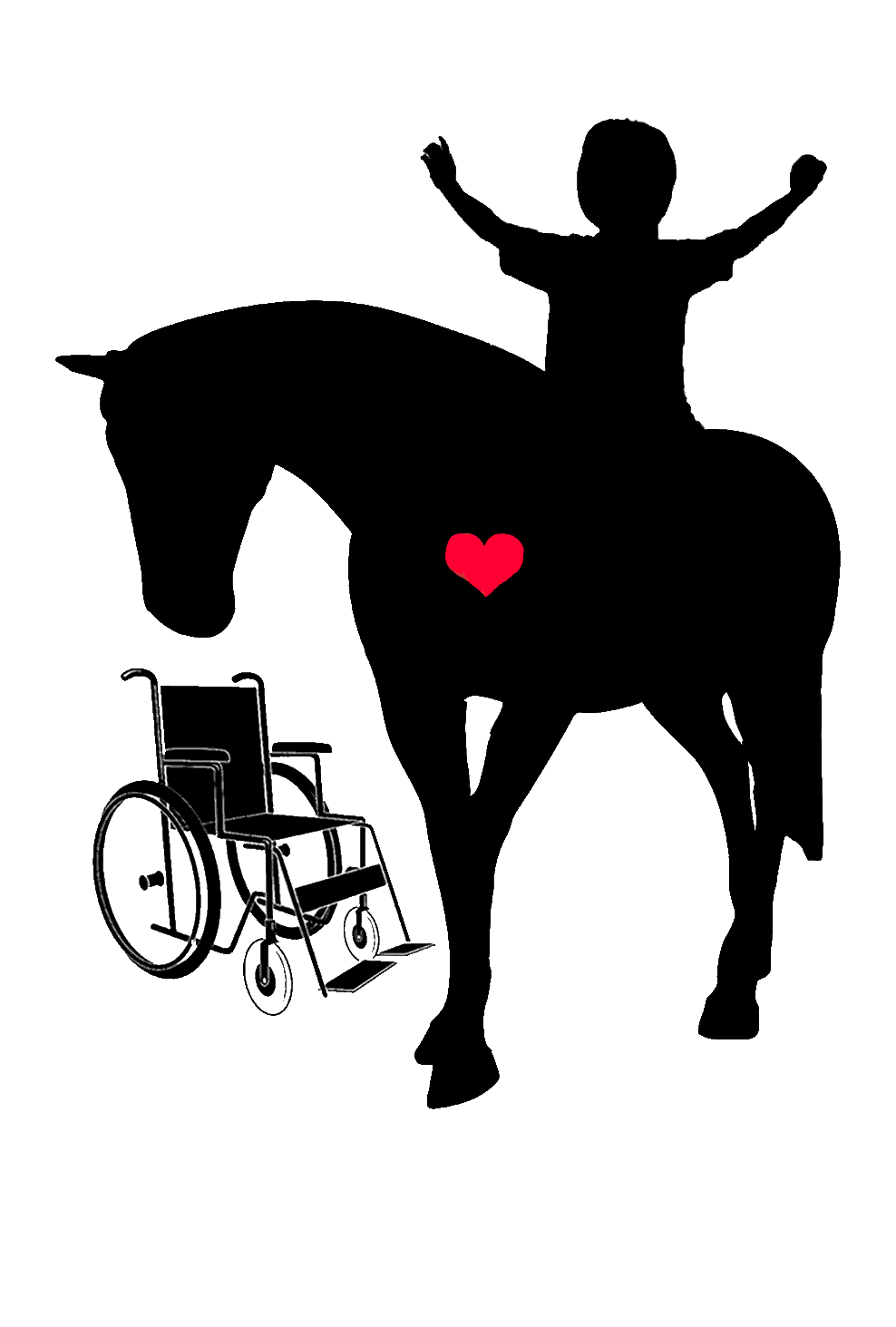Excessive activation of stress response systems affects the brain and other organ systems in many ways.
When we feel threatened, our body prepares us to respond by increasing our heart rate, blood pressure, and stress hormones. When stress response systems are activated within an environment of supportive relationships, these physiological effects are moderated and brought back down to baseline.
BUT, if the stress response is extreme and long-lasting— and supportive relationships are unavailable— it can overload multiple biological systems.
Constant stress depletes precious energy the brain needs for healthy development in both children and adults.
Chaotic, threatening, and unpredictable situations and environments that activate the “fight or flight” response repeatedly or excessively can make it difficult to engage executive function skills—the underlying skills we all need to plan, focus, adjust, and resist impulsive behaviors.

Frequently experiencing circumstances that seem beyond our control can also lead to a low sense of self-efficacy (the belief that we can improve our own lives), which is needed to engage in planned, goal-oriented behaviors.
Simply put, having fewer experiences that trigger a sustained, powerful stress response allows a child’s brain to build and strengthen the neural connections for learning and advanced cognitive skills and allows an adult’s brain to access the skills they already have.
Chronic activation of stress response systems in early childhood, especially without the ongoing presence of a responsive adult, can lead to toxic stress, which disrupts the healthy development of brain architecture.
Experiencing toxic stress during these early years can affect learning, behavior, and health throughout the lifespan.
It’s like revving a car engine for days or weeks on end—
Constant activation of the stress response has a wear-and-tear effect on the brain and other biological systems.
Constant stress also depletes precious energy the brain needs for healthy development in childhood and adulthood to deal with consequential decisions.
What can we do?
We see and treat lots of children and young adults who have been through unspeakable hardship, who have had to grow up in constant stress and chaos, neglect, abuse.... We are here to help.
STAT provides mental health services that are unique -- we use horsepower!
Many of the families we meet at the Ligonier Therapeutic Center are foster families or families who have adopted a child who was in out of home placement.
What do these families need, you ask? They need:
appropriate services and reduced barriers for accessing supports. (What are the basics? nutritious food, safe shelter, medical care, and mental health services)
special attention paid to the needs of the children
uninterrupted, adequate funding to prevent loss of services. (Loss of service is a stress to both the service providers and the family).
parental help, to strengthen the skills they need to create a stable and supportive home environment.
routine assessments, ask about and respond to the major stressors affecting the child and family.
receive services in a safe, welcoming environment.
We also need to provide workers in service programs with the supports they need, such as reasonable caseload size, ongoing training and skill development, and the opportunity to manage their own stress so they can help their clients effectively. but we will save this topic for another post.
The future of our society depends on our ability to foster the healthy development of the next generation!

Extensive research on the biology of stress now shows that healthy development can be derailed by excessive or prolonged activation of stress response systems in the body and brain. Such toxic stress can have damaging effects on learning, behavior, and health across the lifespan.
Toxic stress response can occur when a child experiences strong, frequent, and/or prolonged adversity—such as physical or emotional abuse, chronic neglect, caregiver substance abuse or mental illness, exposure to violence, and/or the accumulated burdens of family economic hardship.
This kind of prolonged activation of the stress response systems can disrupt the development of brain architecture and other organ systems, and increase the risk for stress-related disease and cognitive impairment, well into the adult years.
When toxic stress response occurs continually, or is triggered by multiple sources, it can have a cumulative toll on an individual’s physical and mental health—for a lifetime. The more adverse experiences in childhood, the greater the likelihood of developmental delays and later health problems, including heart disease, diabetes, substance abuse, and depression. Research also indicates that supportive, responsive relationships with caring adults as early in life as possible can prevent or reverse the damaging effects of toxic stress response. (Harvard University 2018)
Please call STAT and make an appointment if you would like to try our therapy services.
For additional information on the EAGALA treatment model that we provide here at the Ligonier Therapeutic Center, go to www.eagala.org
If you would like to sponsor a child, please contact Catherine Markosky, Founder & Executive Director of STAT Inc., at the Ligonier Therapeutic Center. Offer financial assistance to a child suffering from toxic stress in your community. 724-593-4742 cmarkosky@statinc.org



